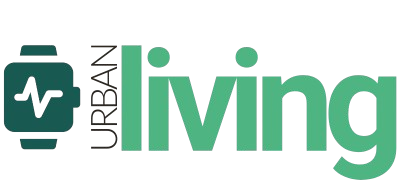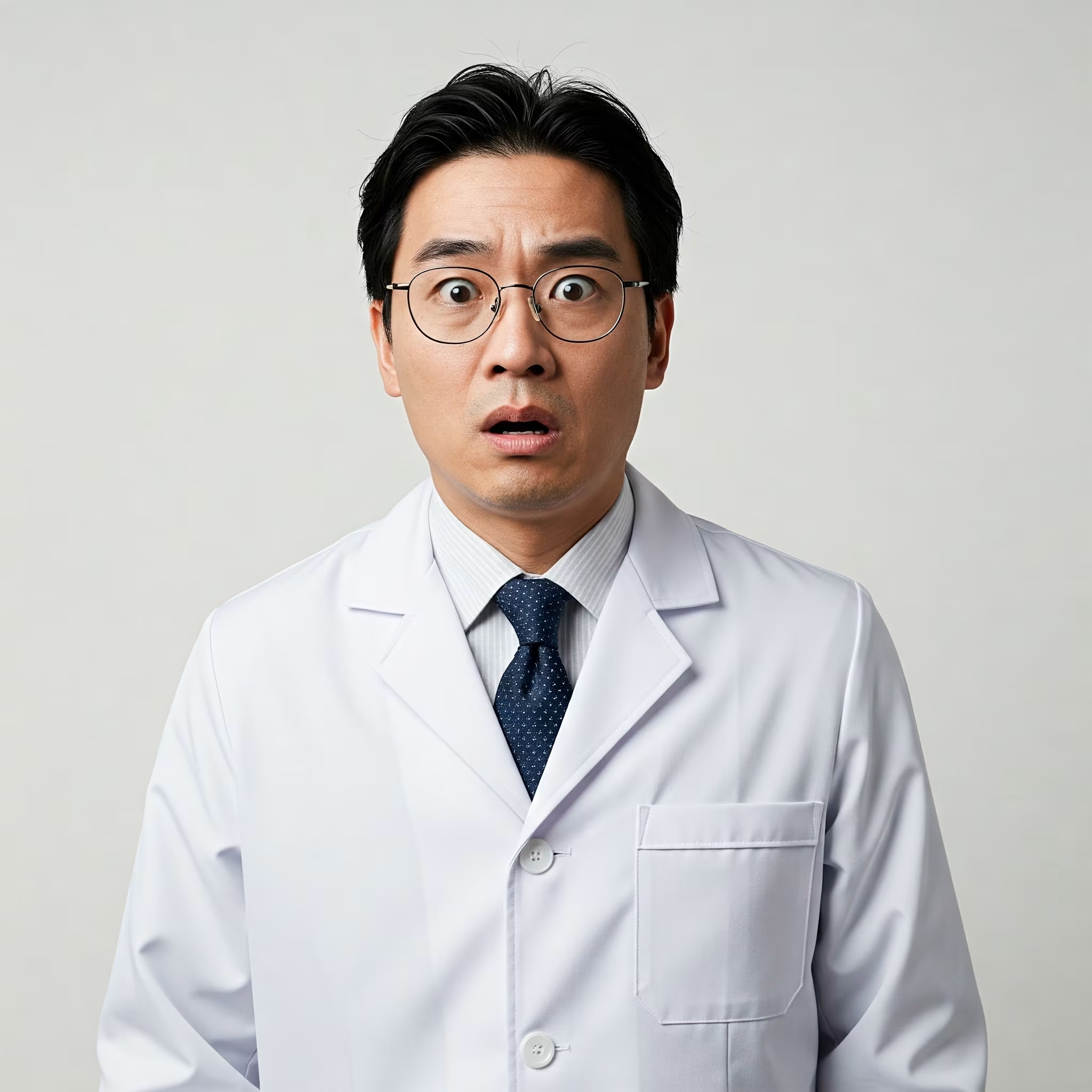Are you tired of waiting in long lines at medical clinics? Looking for ways to reduce your healthcare expenses? Want to navigate Singapore’s healthcare system more effectively?
Here’s our comprehensive list of valuable tips for your next doctor or dentist visit in Singapore.
1. For the cheapest dental treatment in Singapore.
Similar to how Toni and Guy academy provides complimentary hair styling, a comparable arrangement exists with dental students.
For the most affordable dental care in Singapore, consider NUS undergraduate students. You can either request a polyclinic referral or contact NUH directly to schedule an appointment.
The advantages? It’s inexpensive, and the students are carefully supervised by specialists. Root canal treatments range from $20-$50, while crowns and dentures cost around $150 (exceptional value for your money).
The disadvantages?
Like having a Toni and Guy trainee styling your mohawk, treatment times are considerably longer. But at least there’s no catwalk performance required afterward!
2. You can easily look up the speciality of any doctor/dentist in Singapore, or find out all the doctors in a particular specialty.
Doctor qualifications can be confusing – for example, having a diploma in dermatology doesn’t automatically make someone a dermatologist.
This Ministry of Health search tool simplifies finding your doctor’s specialty.
Alternatively, if you need to find all neurosurgeons in Singapore, the site allows you to search for all doctors by specialty. Simply click on the advanced option and select the relevant checkbox.
A similar search tool is available for dentists as well.
3. Your doctor can prescribe you a super effective anti-wrinkle cream for $8.50.
Tretinoin, also known as retinoic acid, is a well-established anti-aging cream. My dermatologist colleagues use it regularly, and any doctor can prescribe it.
The earlier you begin using tretinoin, the greater benefits you’ll experience. Tretinoin has been scientifically proven to minimize, reverse, and prevent wrinkles.
It also lightens and prevents age spots and pigmentation.
Forget expensive products like SKII and Estee Lauder – Tretinoin is much more economical and effective. You’ll be thanking me 50 years from now.
4. Trying to find a good and trustworthy doctor or clinic? Milk your doctor/dentist friend for information.
Beyond asking them for anti-wrinkle cream prescriptions, your doctor friend is valuable when you need referrals to reputable doctors and clinics. They likely know someone within the specialty they can consult directly.
Alternatively, simply ask them which clinics doctors themselves prefer. You can be confident that doctors are extremely selective about who provides their own treatment.
Check out: best Invisalign clinics in Singapore, or this list of best LASIK Singapore clinics that doctors choose for their own procedures.
5. Your friend/relative is hospitalised, and you want to meet the doctor in person for an update?
The optimal time to visit the hospital is around 11-12 pm or 2-3 pm in the afternoon.
Ward rounds typically occur from 7-11 am, so doctors are too occupied to provide thorough updates during this time.
There’s usually a quiet period from 2-3 pm when there are fewer new admissions and all morning tasks are completed, making it the ideal time to catch medical staff.
6. When seeing your GP, prepare a list of questions/problems on a piece of paper and fire them off right at the start.
GPs, specialists, and especially polyclinic doctors have very limited time slots for each patient (typically 5-10 minutes).
It’s extremely helpful if doctors know all your concerns upfront, allowing them to work within the timeframe to address everything as effectively as possible.
This helps prevent situations where you only remember to ask your most important question as you’re leaving the doctor’s office.
7. Repeat after me: Clinics cannot make you buy medications.
Be direct with your doctor if you don’t want certain medications. This will help you avoid accumulating unnecessary duplicates and save money (but first, understand why they’re prescribing the medication).
Declining medication because you don’t intend to take it is perfectly valid – it’s your body after all. It’s frustrating when clinics push numerous medications on unsuspecting patients.
Alternatively, you can legitimately request a prescription instead, and choose to purchase only the medications you want elsewhere – especially if you believe the clinic’s prices are excessive.
8. Hospital pharmacies are the cheapest for any medications.
If you live near a hospital, you’re fortunate. With a doctor’s prescription, hospital pharmacies are significantly less expensive compared to any clinic or Guardian/Watsons pharmacy.
For example, antihistamines for allergic rhinitis cost 5 times less at a hospital pharmacy compared to Guardian (56 pills of loratadine for $13.44 from SGH pharmacy, versus 10 pills for $12 from Guardian).
This is because hospitals can purchase in bulk and also sell generic “non-brand-name” drugs that are identical to those in fancy packaging.
9. You can request for repeat prescriptions from your doctor (for certain types of long term medications).
Doctors can provide repeat prescriptions for certain long-term but safe medications (such as antihistamines, Ponstan, oral contraceptive pills) after an initial face-to-face consultation.
This saves you time and money when you run out of medication, as you can bypass the doctor and go directly to the pharmacy with your repeat prescription.
If you’re concerned about medications expiring, you can choose to collect only a portion of the prescription at each visit and pick up the remainder later. Prescriptions are typically valid for up to one year.
10. Go to your nearest polyclinic for an anti-cancer vaccine. Like, right now.
The HPV vaccine prevents cancer in both men and women. You can receive your HPV vaccination at any polyclinic in Singapore.
Approximately 200 Singaporean women are diagnosed with cervical cancer annually. The HPV vaccine reduces a woman’s risk of developing cervical cancer by an impressive 70 percent.
For men, the vaccine lowers the risk of penis and anal cancer.
Women can use up to $400 from their Medisave account under the Medisave400 scheme for HPV vaccination.
11. For the shortest waiting time to see the doctor or dentist…
Schedule all your appointments for the first slot in the morning or immediately after lunch. For walk-ins, afternoons are typically best.
If possible, avoid Mondays and Fridays, as well as periods following major holidays (like Chinese New Year).
Mondays are consistently busy because many walk-in patients didn’t want to spend their weekend visiting the doctor.
12. Photograph your skin rashes and suspicious moles!
It’s frustrating when patients have countless outfit-of-the-day and food photos on Instagram but didn’t take a single picture of the mysterious rash that appeared yesterday (and now wants you to diagnose).
This is particularly important for SUSPICIOUS MOLES. Photograph any concerning moles over time to monitor if they’re actually changing in size.
Even doctors often struggle to distinguish between normal moles and concerning ones. It takes years of experience for even dermatologists to confidently determine whether a mole is worrisome when someone’s health is at stake.
I went through a paranoid phase myself when I thought a bruise on my big toenail might be melanoma, an aggressive skin cancer – and this was AFTER becoming a doctor.
Having earlier photos for comparison is crucial to determine if your mole has changed over time (which is a concerning sign).
13. Whenever you see your dentist, request for soft copies of ALL dental X-rays and notes (or photograph them).
Dental records are never shared between hospitals and clinics. This means unless you stay with the same dentist forever, any new dental clinic you visit won’t know about issues identified or treatments performed by your previous dentist.
It’s good practice to always request all your records, including dental notes and X-rays after any dental treatment – email soft copies are preferable. This saves money and helps avoid unnecessary radiation from duplicate X-rays when changing dental clinics.
Alternatively, you can easily photograph and store all your dental records on your phone.
14. Always bring along a family member/partner who’s a medical professional if you can, to facilitate communication.
Even if they’re a distant relative or a doctor you happened to meet on a Tinder date – bring them along to the hospital.
With a medical professional present, doctors can often provide more comprehensive updates because they don’t need to avoid medical terminology.
We also tend to give more detailed updates to fellow healthcare professionals out of professional courtesy.
15. If you need certain medical/dental treatment, obtain a polyclinic referral letter first to avoid paying much higher rates when you see a specialist.
You can save hundreds of dollars on specialist consultations and certain medical/dental treatments with a proper referral letter from a polyclinic.
This applies to all complex dental procedures, including dentures, root canal treatment, crowns/bridges, and wisdom tooth extraction.
The same advice applies to seeing any medical specialist in a government hospital. For instance, if you want subsidized treatment for acne at the National Skin Centre, you’ll need to get a polyclinic referral letter first.
16. Avoid long wait times at the polyclinic by booking all your medical and dental appointments online.
For the complete list of Singapore polyclinics with online booking options, check the official website. Note that not all polyclinics have dental departments.

